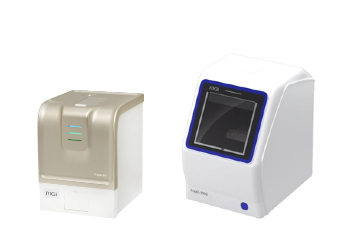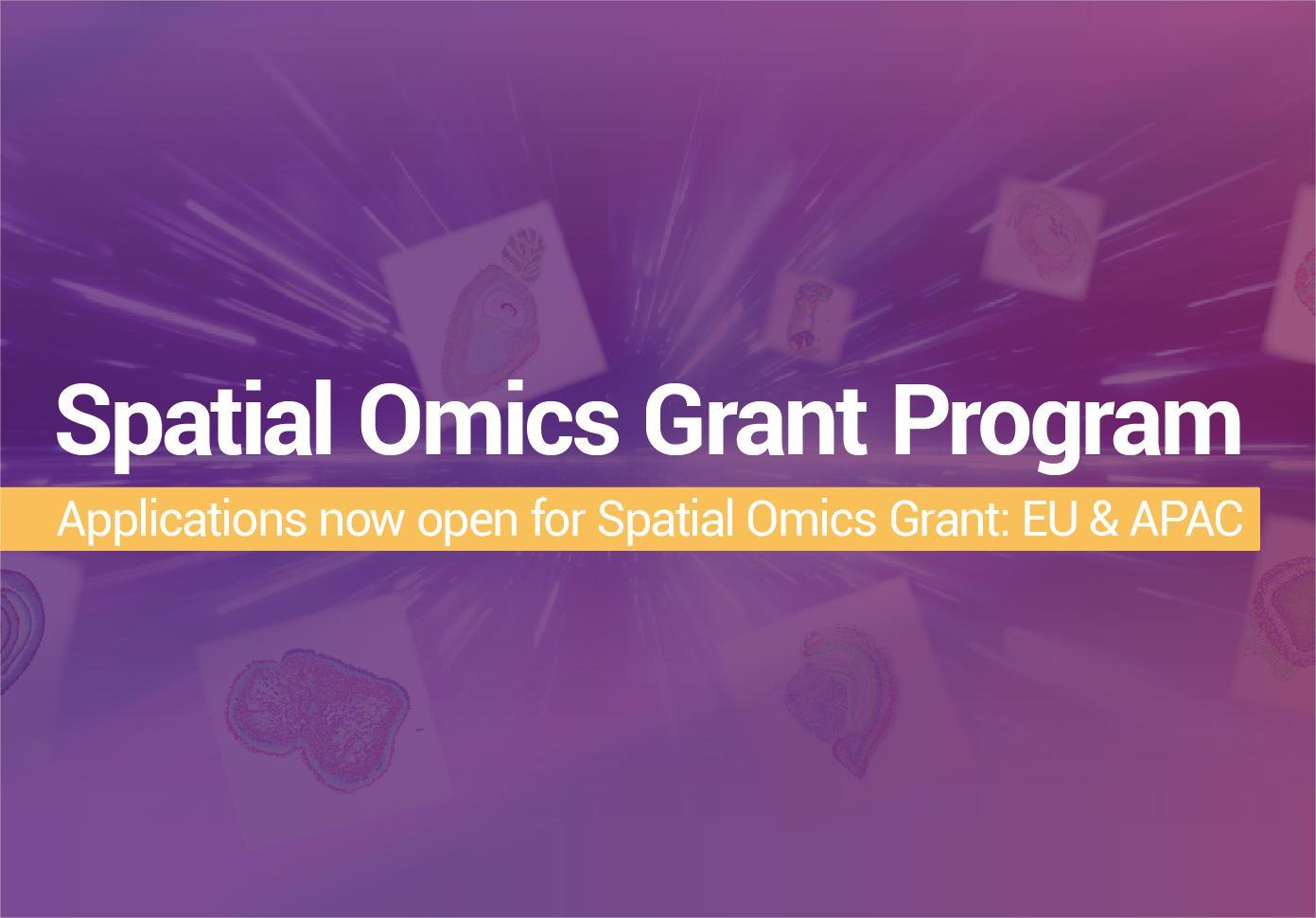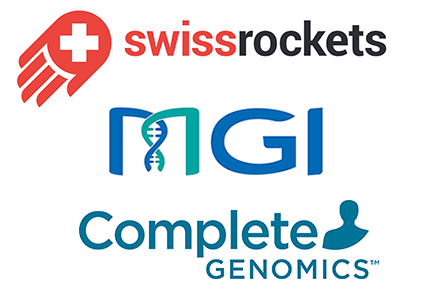“The World Needs Science, and Science Needs Women.”
--The United Nations
Women have made significant contributions to science throughout history, but they have often faced barriers to their full participation in the field. While progress has been made in recent decades, women continue to be underrepresented in many scientific disciplines, particularly in leadership roles. To address these challenges, it is important to promote greater diversity and inclusion in science. This includes supporting and encouraging girls and women to pursue scientific careers, as well as addressing biases and promoting diversity within scientific institutions. Additionally, policies that support work-life balance and promote diversity in leadership can help ensure that women have equal opportunities to succeed in science.
In celebration of International Women’s Day, we spoke with Snezana A. Drmanac, VP of MGI US and Complete Genomics, about female empowerment in genomics to inspire and encourage more women to pursue careers in genomics and support women already working in science.

Could you give a brief introduction of yourself and how did you get into the field of genomics?
Snezana: When I was 9 years old, my father, an engineer who knew all about engines, and could fix anything in life for me, died of brain cancer. He was just 37 years old. Then and there I decided to learn all about how the human body works and how the human brain operates and dedicate myself to research that can help bring a cure for cancer and other diseases. During medical school I started to work in a microbiology lab and after I finished medical school and residency, I started to work in a molecular biology lab. This background led me to massively parallel whole genome sequencing with the potential to diagnose cancer and other genetic diseases and lead to their cure.
Could you tell us more about your current research?
Snezana: I am working on further improving Massively Parallel Genomic Sequencing technology to develop more efficient, faster, extremely low cost, and high throughput DNA sequencing. This DNA sequencing technology enables precise and affordable prenatal and postnatal diagnostics, health and biological age monitoring, and for early disease detection and prevention. My teams on two continents are pushing the limits in technology development, and by pushing the limits in technology, the cost of sequencing is becoming lower and lower and data more and more accurate, enabling sequencing of all of life on Earth and making perfect genome sequencing possible and affordable.
Why gene research interests you so much, what’s the most exciting part?
Snezana: My goal is to understand the molecular functioning of the human body and microbial communities within it. To understand our genetic program at the single cell level by monitoring our cells genetics, epigenetics and biochemical status using various extensive genomic sequencing tests. The most important goal is to enable accurate health monitoring, precise diagnostics, personalized medical treatments, slower and healthier aging and a longer, happier and more productive life.
Now, not only as a daughter but also as a mother and grandmother, I know how important whole genome sequencing is, not only for diagnostics, but also for preventative and personalized medicine, personalized upbringing of children, and personalized learning.
Leading a healthy, long life with slower and healthier aging through personalized diet, lifestyle and medication based on our genetics, and understanding how to help our children and grandchildren to live healthy, happy, longer and more productive lives in accordance with their genetic makeup is the most rewarding.
Genomics has always been considered to be a male-dominated field. It would not have been easy to build a business in this industry. What challenges did you face and how did you overcome them?
Snezana: Working alongside men gives women an additional perspective from a man’s point of view. I did take time to understand them and learn from them as well as to find out their advantages and limitations. I always took time with questions to learn what they want and what is important to them, and then ask for what I want in the way that they would be willing to give. I was able to save, and later acquire Callida’s technology that was overlooked by men in management by asking questions that they did not think about and helping them make the right conclusions. Also, there are some great men in the field that I am so happy to know and learn from. I like working with men and women who equally respect people regardless of sex, race, age etc.
Do you feel that your gender gives you a different perspective and experience from your male counterparts? Any advantages?
Snezana: Women are natural leaders; we analyze people and situations before we act when we leave emotions aside. We are also more inclusive, more willing to listen and help coworkers. Both women and men find it easier to approach us than to approach men. In general women appreciate diversity and we are more likely to be flexible and promote a diversity of talent, ideas and products.
Have you had any female mentors in gene industry? Have you mentored other women in your career?
Snezana: I had many great mentors including some male mentors. I believe that I professionally needed both and equally benefited from both. Professionally, I needed to learn from the best people in a new developing field whether they were men or women. Personally, as a woman, I also needed to learn from female mentors who were leaders in male dominated fields and they did not necessarily need to be in my field. I was lucky enough to have such a woman mentor and a coach, whom I also deeply admired, and with whom I also had the opportunity to work with on one grant application. I also had the opportunity to work, and be friends with, numerous women leaders in genomics. It was a tremendous joy to learn from each other and add to each other’s invaluable experiences. In addition, some famous women in industry were brave enough to share their experiences in books or in conversation and I was grateful to learn from their experiences as well. I also have mentored a number of great and brave women in my career, some of whom needed to protect themselves from rude and domineering men with power.
What changes are needed, in your opinion, to improve gender equality in science? And if you have the ability to change something about how women scientists are perceived in the US. What would that be?
Snezana: It is known that economically competitive countries need STEM field experts to confront technological challenges. It is also known that diverse teams are more successful, and yet women are continually underrepresented in STEM fields. A few years ago, a Google engineer’s infamous memo showed the stereotype that can keep women out of STEM. I believe that perception needs to be corrected. Female students need to be encouraged and incentivized with full scholarships and a broad range of funding opportunities. Universities and schools need to get more female students on campus and in their labs, and workplace policies instated to attract and retain women in STEM with equal pay and more funding opportunities for research.
What message do you want to pass on to young women thinking about pursuing a career in genomics?
Snezana: At this time there are only a few technologies that can revolutionize and transform human life, and genomics powered by advanced DNA sequencing is one of them. Cheaper and faster sequencing, and more accurate data analysis is becoming accessible to everyone, and it has a promise to vastly improve and expand personalized healthcare. From a personalized healthy diet and lifestyle to personalized supplements and even gene and cell therapy for long healthy living. A potential to establish genomic monitoring of the environment and emerging diseases like Covid-19 both for human, animal health and in agriculture. I believe that in the future, genome, transcriptome and microbiome sequencing will become the standard of healthcare and health monitoring around the world. Being at the forefront of these genomic and synthetic biology technologies in making healthier life on this planet and beyond should make every woman proud because we are daughters, mothers, wives and grandmothers and we like to be leaders of healthy lives.
What achievements are you most proud of in the gene research and why do you choose to join MGI?
Snezana: I am proud that I was able to recognize the limitations of old school medicine and the need for personalized genomics medicine during my medical school, and that I succeeded in joining the lab that was involved with the Human Genome Project in 1990. I am also very proud to be co-founder and owner of Callida Genomics whose amazing scientists developed both a probe-array based whole gene sequencing platform for which, as PI, I was as PI awarded several NHI grants, and the MPS DNBSEQ platform that also was awarded with several multimillion-dollar US grants. DNBSEQ is currently used in Complete Genomic’s and MGI’s powerful sequencing instruments, enabling my dream of improving medicine and human health. It was a very natural transition to see Complete Genomics and MGI merge after the acquisition because both companies had the same goals to make MPS with the highest quality and lowest affordable cost available to everyone around the world starting even before birth in order to improve human life. Hopefully, also to improve all life on our planet.
Looking ahead, what work are you most excited about at MGI?
Snezana: MGI is a global leader in developing cheaper and faster genomic sequencing, accurate data analysis and to making genomic data available to everyone in order to improve medicine and healthcare. MGI leadership in sequencing helps prevent disease and establish genomic monitoring of the environment and emerging new diseases like Covid-19 for human and animal health, and in agriculture, and that is what I am excited about. Like MGI,I believe that in the future genomic sequencing will be part of regular healthcare and health monitoring with a promise to vastly improve and establish personalized medicine and healthcare for a long healthy life for everyone. Being at the forefront of this technology in making healthier living on this planet will in return improve the economy.
Aside your research, what else do you do for fun?
Snezana: I enjoy and like to observe daily and seasonal changes in nature. I do a lot of activities in nature: hiking, walking along the ocean and swimming. Most weekends I take some time to play with my adorable grandkids and enjoy their mental and physical growth. I also like to follow research in medicine, virology, immunology, ageing and de-ageing.



 Sequencer Products: SEQ ALL
Sequencer Products: SEQ ALL















 Technologies
Technologies Applications
Applications Online Resources
Online Resources Data Bulletins
Data Bulletins Service & Support
Service & Support Global Programs
Global Programs Introduction
Introduction Newsroom
Newsroom Doing Business With Us
Doing Business With Us Creative Club
Creative Club













